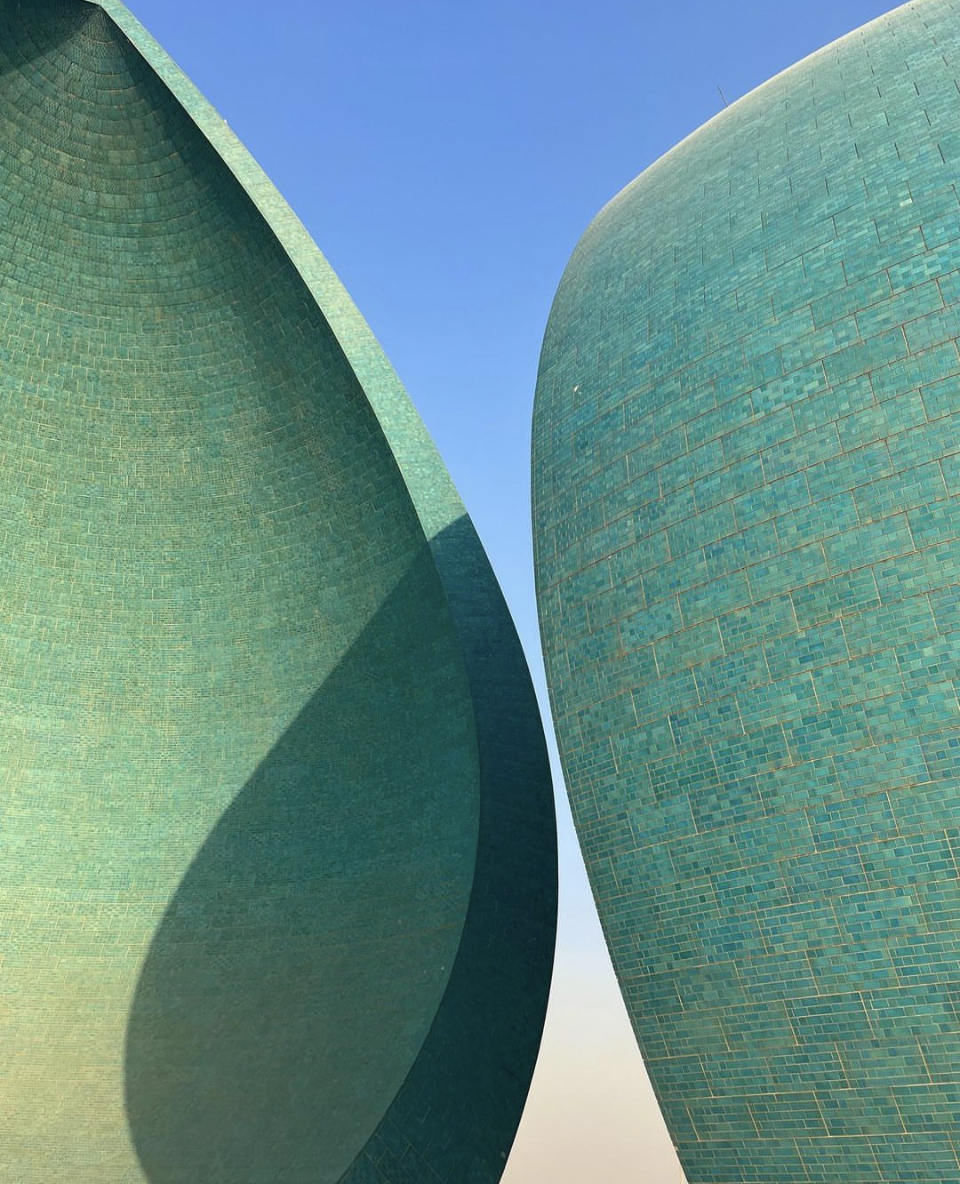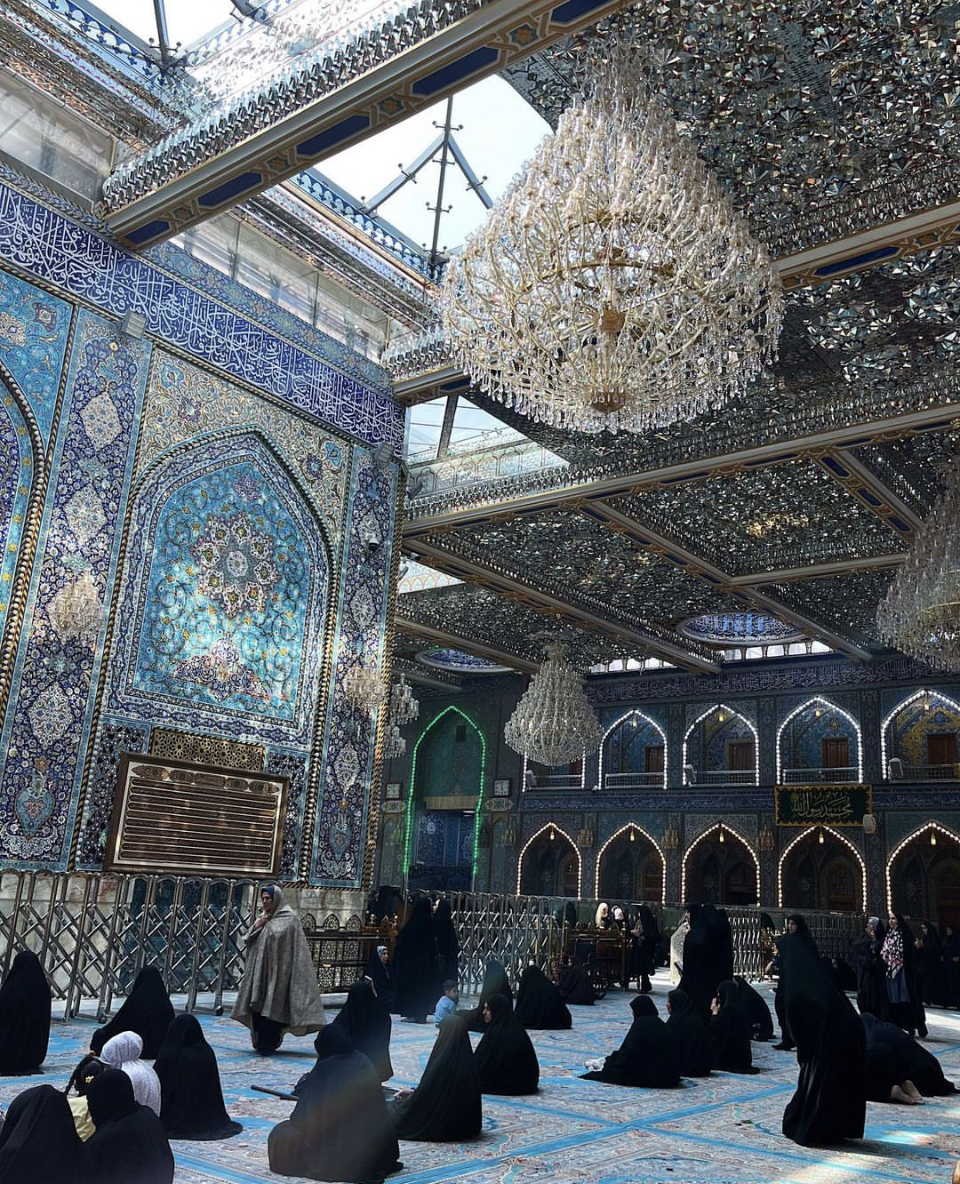Travelling to Iraq ethics is a big question asked as tour guide and comes with challenges, including the onslaught of criticism received online, which is, among many emotions – frustrating. Note this makes up for a tiny percentage of messages received but is nonetheless impactful. Instead of engaging in conversation or curiosity, it can often turn downright nasty, with individuals with little knowledge of the work passing judgment.
It often hurts as much as you know it shouldn’t because it is fundamentally untrue and the opposite of why we’re doing it. The idea that you aim to become “insta-famous” or are just “naïve” travelling to weird, even dangerous regions is absurd. There are much easier ways to achieve such outcomes.
First time travelling to Iraq
I will admit the first time I travelled to Iraq, I was nervous, my mind detached from my body. I approached the boarding gate, over the speaker, “Last Call flight no. xx to Baghdad now boarding.” It was a surreal moment, “am I going to Baghdad?” “Should I have put together a will? I have nothing, never mind”.
On the plane, I pondered how I ended up here. For most of us, even this 5-year-old, I will never forget late in the evening in Sydney on September 11th 2001, watching in horror with my father as the second plane struck the south tower. This event would put the Middle East at the forefront of my world politics, Iraq getting tangled into the mix with so-called “weapons of mass destruction”. Later, I would watch the rise of ISIS, so enthralled even centring my Master of Counterterrorism: shock, horror, but a pull to know more.
As I found my seat on the plane, I would sit next to two Iraqi men in the middle; who would then offer me the aisle seat in case I felt uncomfortable. I didn’t, but I was grateful for the gesture. The act opened up a conversation, and it was apparent they were confused about what I was doing there; I tried to find words, but I didn’t have the guts to say what I (back then) thought. I want to see why your country is considered one of the worst, most dangerous places in the world, or as President Bush branded a country that was part of the “axis of evil”.
My whole life, I fed into the narrative of this is good, this is bad, a black or white recipe that any questions outside this line of thinking were considered “supporting terrorism”. I bought it, so much so that in 2020, I began a master’s in counterterrorism, determined to learn more about the whys and hows. Most of what I read lent to the idea that Iraq was dangerous.


Travelling to Iraq Ethics – Our Perspective
The locals are the most hospitable people I have met; I have lost my iPhone 4 (yes 4) times, and it has been returned every single time. I have lost it in Sydney a lot, and I am forced to repurchase each time. The people I have met in these regions have left a lasting impression on me, very different from what I anticipated.
Here is my stance now – we should be eager to see what Iraq is like, to get a glimpse of daily life. Some people (most) clients that come with us are genuinely keen on cuisine, culture, history, and archeology, and Iraq is hard to match.


Why visit Iraq?
It’s slightly abnormal to hold a job whereby you guide and organise tours to places many consider impossible. According to every emphasis on every national travel advisory, the regions Young Pioneer travels to are marked as “do not travel” or thereabouts, especially Iraq. Whilst it is enough to scare many of us, given headlines of volatile political climates, we long to know more and can separate people from governments.
For me, I have never seen working for Young Pioneer Tours as a push-the-boundaries, “dark tourism” kind of role. Instead, I have almost become a vehicle to stretch dialect and boundaries.
Ready to join us in Iraq?






